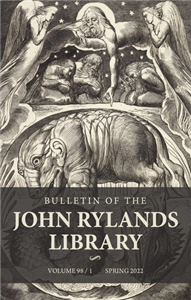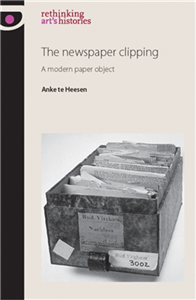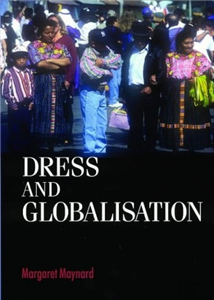Humanities & Social Sciences
June 2004
Dress and globalisation is the first work to survey dress around the world, drawing together issues of consumption, ethnicity, gender and the body, as well as anthropological accounts and studies of representation. It examines international western style dress, including jeans and business suits, headwear and hairdressing, ethnicity and so called 'ethnic chic', clothes for the tourist market, the politicisation of traditional dress, 'alternative' dressing, and T-shirts as temporary markers of identity. It also considers dress and environmental issues, touching on adventure gear, the 'green' consumer and the possible impact of 'smart' clothing. Dispelling the myth of universal 'world' attire, this book demonstrates that western-style clothing transcends geographical boundaries but along with other forms of dress, can form a montage of differing tastes, ethnic preferences and national and local imperatives. By discussing the nature of globalisation, this book shows that, if economics permit, all cultures are selective in their choice of what to wear. Dress and globalisation will be welcomed by students of dress history and cultural studies. ;






























